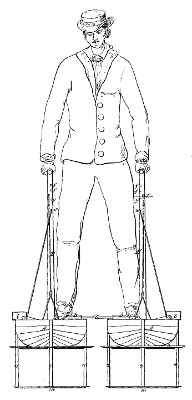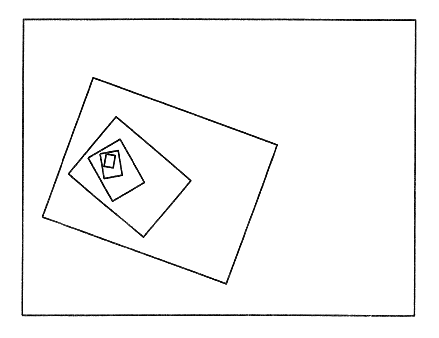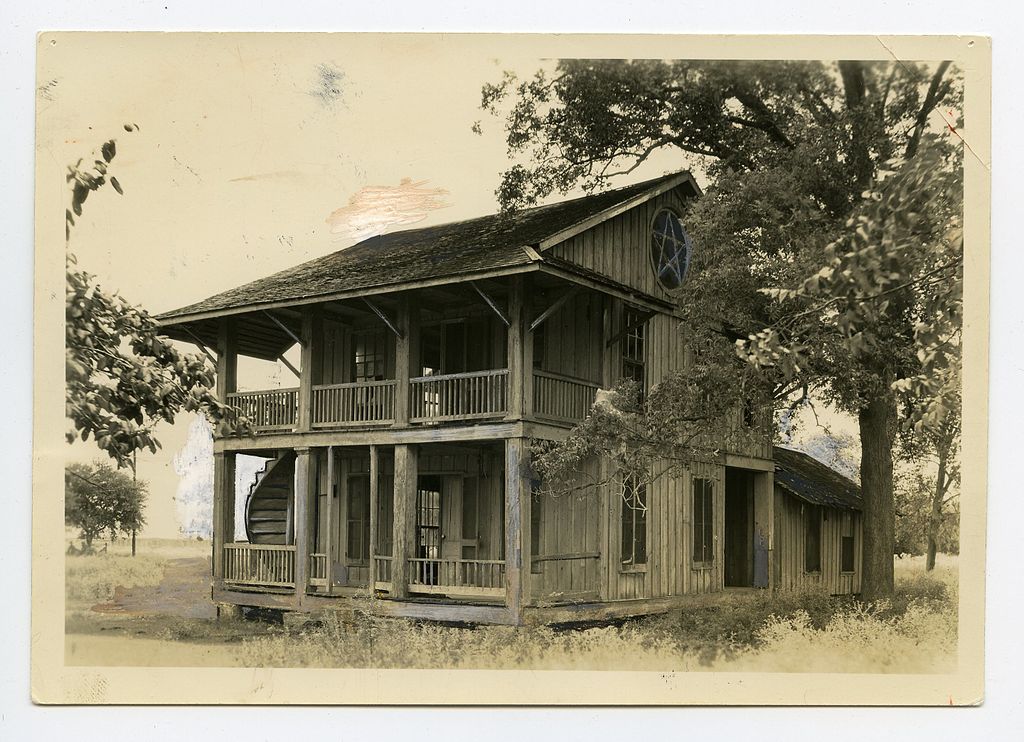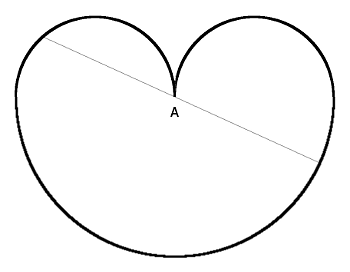
Henry Rowlands’ “apparatus for walking on the water” is exactly that, a “new and useful Contrivance for Traveling on Water” essentially by wearing boats as shoes.
Rowlands’ patent was issued in December 1858. Curiously, on Nov. 27 of that year, Chambers’s Journal reported that a Heer Ochsner of Rotterdam (“and who so likely to accomplish such a feat as a Dutchman?”) had made essentially the same invention, which he called a podoscaph.
But there’s more: As if to outdo Rowlands, Ochsner had “recently astonished his countrymen by appearing on the Maas, wearing a podoscaph fifteen feet long on each foot, and holding a pole, flattened at one end as a paddle, in his hand. Thus equipped, he walked up the Maas to the Rhine, and on to Cologne in seven days.”
I can’t find any record that the two met in the mid-Atlantic and fought it out during a lightning storm, but I think we should assume that this definitely happened.




